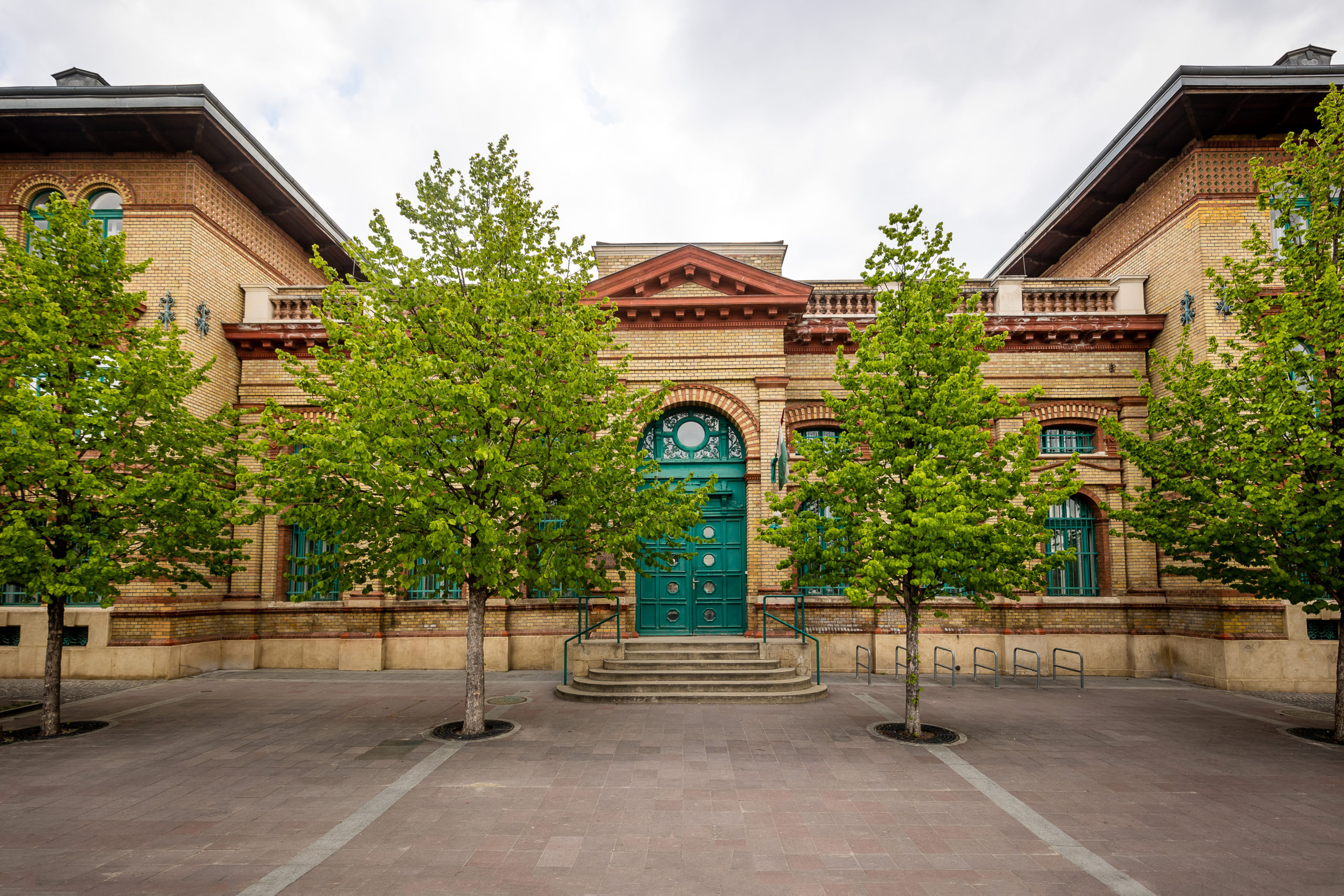Corvinus Green: Corvinus employees can support community partners by handing in unused IT devices

Currently, there are nearly 3000 computers at the University: 900 of them are located in laboratories, and the rest of them are with colleagues. In addition, nearly 500 other devices (e.g. docks, digital drawing boards), more than 100 copy machines, 400 printers and 1600 monitors are registered in records currently.
IT colleagues are ready to take over unused devices all through the year, and we will also announce a special campaign as part of the Corvinus Green project. We ask colleagues to look around in their offices and hand in IT devices that have not been used for a long time, so that those devices may gain new meaning as part of the circular model. Such devices may include, for example, laptops, monitors, printers, docks, keyboards, computer mice, headphones, cables, or webcams.
Colleagues are requested to send the ISZ identifier (SZA, M, NY number) or the inventory number of each superfluous device by e-mail to ithelpdesk@uni-corvinus.hu. IT staff will coordinate with colleagues as to the method of delivery (IT staff have to go out to get the devices or colleagues can bring them in), and after delivery, devices will be added to the inventory of IT.
There are four possible paths ahead of such delivered devices. IT staff will recycle some of those that are in good condition so as to be used in operations, thus minimising the need for purchasing new devices, and thereby reducing our costs and environmental impact. Devices that are in excess of the demand may be purchased by colleagues every six months; next time, for example, on 23 November, which we have detailed here. This round of sales will not include the devices that are delivered now, as they will be available for sale at the next date.
Even after that, many devices, which are in good condition, remain in the warehouse, according to our experiences, and we donate them to community partners with the involvement of Corvinus Science Shop. Of course, we only utilise devices that are in good condition, and all scrapped items will be transported by our partner specializing in electronic waste management.
Earlier, we have asked questions about the sustainability of Corvinus even from employees. In the questionnaire related to the Corvinus Green project, respondents shared ideas with us, such as reducing printing, more colourful biodiversity at the campus, selective waste collection, and optimizing the efficiency of water-, electricity- and air conditioning technology in order to save energy. We want to gradually integrate these ideas into University operations, and we want to strengthen existing good practices, such as the recycling of IT devices.
Corvinus University of Budapest is committed to supporting activities our community carries out for sustainability and to ensuring more sustainable operations, as joint action is necessary to achieve a significant change.